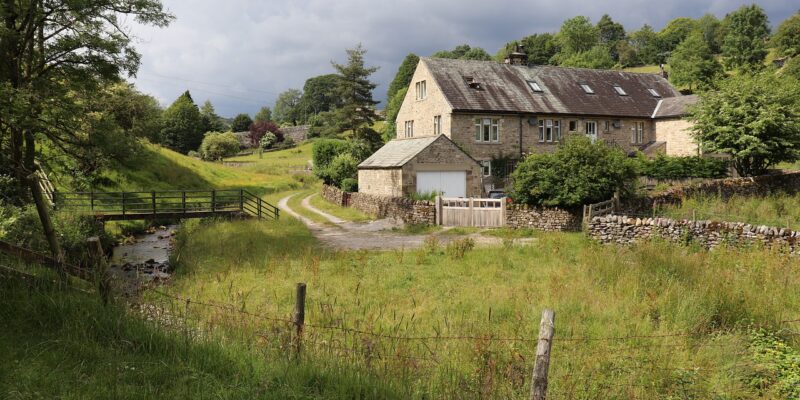The Scottish Government recently published guidance on the ‘Repairing Standard’. This is often talked about in the context of the private residential letting sector but, in fact, it has a much wider application. Moreover, from 2027 it will be further extended and this will have a significant impact on the rural sector in particular.
The Repairing Standard was introduced by the Housing (Scotland) Act 2006 (“the 2006 Act”) and sets out the minimum qualitative physical standards which landlords are obliged to meet in relation to any tenancy of a house let for human habitation unless the type of let falls into one of the specifically exempt categories.
The Repairing Standard obliges landlords to ensure that the let property meets the Repairing Standard at the start of the tenancy and at all times thereafter. Essentially this means that the property is fit for habitation by being wind and watertight, with the structure and exterior along with all installations, fixtures, appliances and furnishings supplied by the owner being in a reasonable state of repair and proper working order. This may seem obvious but there are a number of points to note.
Firstly, ‘Tenancy’ is given a special definition under the 2006 Act to include both sub-tenancies and occupation of living accommodation provided as a term of someone’s employment rather through a separate lease. Therefore, tied accommodation must conform to the repairing standard. Something that not all employers appreciate.
Secondly, the statutory definition of repairing standard has been amended and expanded over the years to cover more things. For example, since 2019 for a house to meet the Repairing Standard it must also meet the ‘Tolerable Standard’ as defined in the Housing (Scotland) Act 1987. The definition of tolerable standard has also been amended so that a house only meets that standard if it has the correct type of co2 and fire detection equipment.
Thirdly, while houses let as part of a larger farm are currently exempt from the Repairing Standard, that exemption will be removed in March 2027. This is potentially problematic as the duties which landlords have under the Agricultural Holdings Act to put fixed equipment in a ‘thorough state of repair’ at the start of the tenancy, and the duties which agricultural tenants have to maintain ‘fixed equipment’ are quite different from the Repairing Standard obligations. Moreover, there are more than a few farm tenancies which commenced years (or decades) before the 2006 Act, when concepts of what was reasonable for a dwellinghouse were much different. It remains to be seen if further legislation will be enacted to clarify matters and resolve the contradictions between these different statutory regimes.
In summary, the Repairing Standard applies to more than just the private residential sector. It has a rural application and is likely to become even more important in the near future. Anyone who owns a separate house occupied by someone else be aware of obligations arising and what is necessary to comply with those.
If you would like to discuss landlord obligations of the Repairing Standard further, please get in touch with a member of the Land & Rural Business team.


